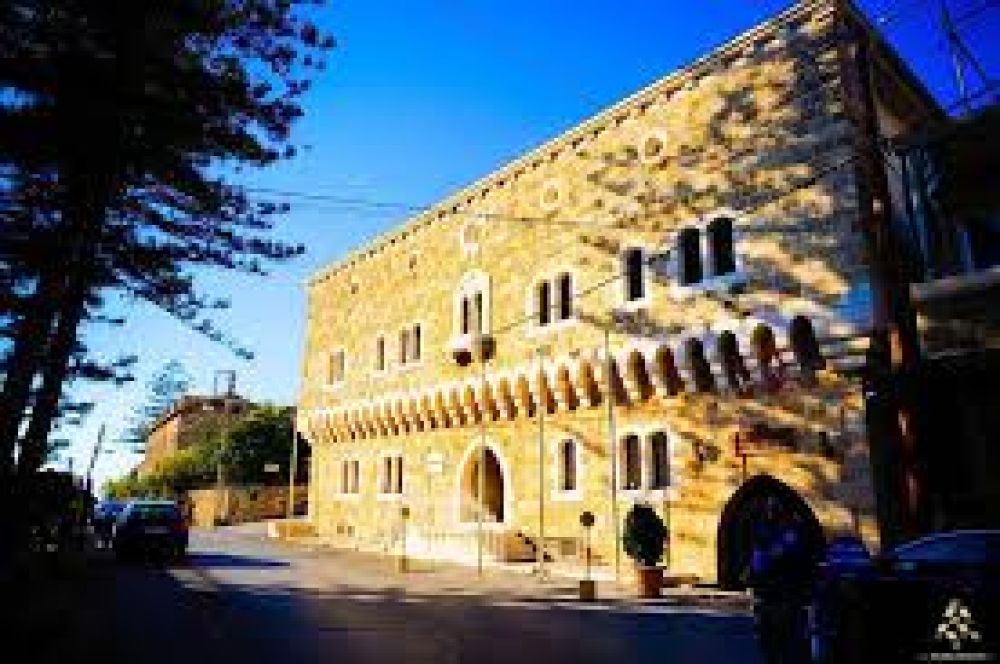

The Byblos Wax Museum is a unique attraction nestled in the heart of Byblos, one of the oldest continuously inhabited cities in the world. It presents life-like wax figures that represent various scenes and characters from the rich tapestry of Lebanese history and culture. Visitors can take a visual journey through the epochs, meeting representations of historical figures such as Phoenician princesses, Lebanese poets, and traditional craftsmen. Opened in 1970, the museum has since been an integral part of Byblos’s tourism, offering an educational and cultural dimension to the sightseeing experience in this ancient city.
Byblos Old Town is a historical treasure, showcasing a myriad of civilizations that have left their mark over the millennia. The old souks, the famous Byblos Castle, ancient Phoenician temples, and the picturesque harbor come together to create an ambiance that transports visitors back in time. Byblos Old Town also offers a rich culinary experience, with traditional Lebanese restaurants and cafes set against the backdrop of ancient stone architecture. The city itself has been named a UNESCO World Heritage Site, a testament to its historical and cultural significance.
Lebanon's history with tourism dates back to the 19th century when it was touted as an essential destination for the grand tour of the Middle East among aristocrats and scholars. With its rich history, diverse culture, and mild climate, Lebanon became known as the "Switzerland of the East" during the 1960s, attracting international tourists and celebrities alike. However, the onset of civil war in 1975 greatly affected the tourism industry.
In recent years, Lebanon has been striving to revive its tourism sector. Post-war reconstruction and the promotion of cultural heritage have been key components of this resurrection. Lebanon’s tourism sector has been on an upward trajectory, promoting not only its historical sites but also the cosmopolitan life of Beirut, its natural landscapes such as the Cedars of God, and its culinary delights.
Eco-tourism has been gaining momentum as a significant trend within Lebanon's tourist industry. The country's varied geography, from mountains to Mediterranean coastlines, has allowed for a burgeoning interest in sustainable travel. Hiking, bird-watching, and nature retreats are increasingly popular, drawing visitors who seek both adventure and environmental consciousness.
Cultural tourism continues to be a strong draw, with international visitors flocking to ancient historical sites such as Baalbek, Tyre, and Sidon, in addition to Byblos. Events such as the Byblos International Festival have also helped solidify Lebanon’s status as a cultural hotspot.
In recent years, there has been an emphasis on culinary tourism, with Lebanese cuisine often cited as one of the most popular worldwide. Food tours, cooking workshops, and wine tasting in the Bekaa Valley have attracted gastronomes eager to experience authentic Lebanese flavors.
The government and private sector are increasingly focusing on digital marketing strategies to attract tourists, using social media and online booking platforms to showcase the best of what Lebanon has to offer. Additionally, there is a trend towards improving the infrastructure and visitor services at major tourist sites to enhance the overall experience for international and domestic travelers.